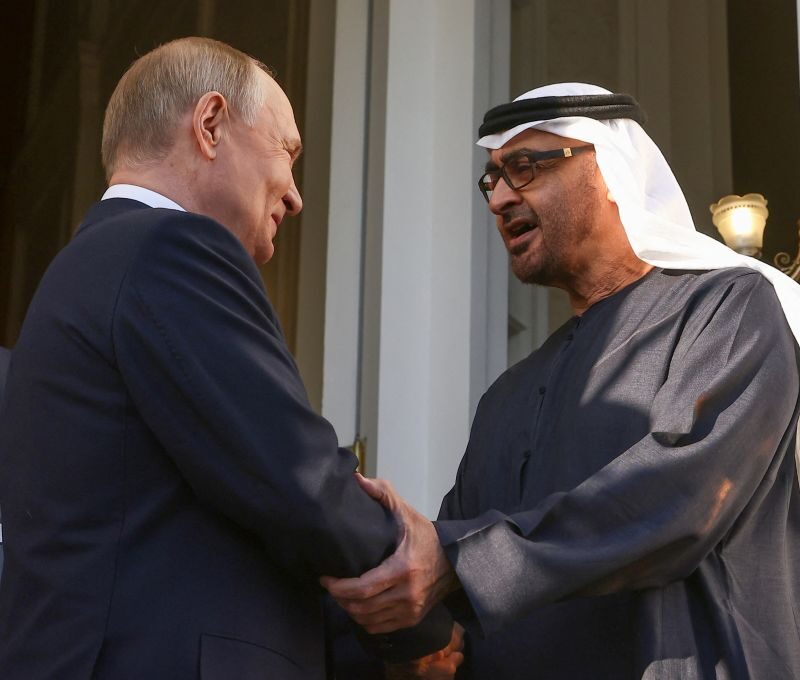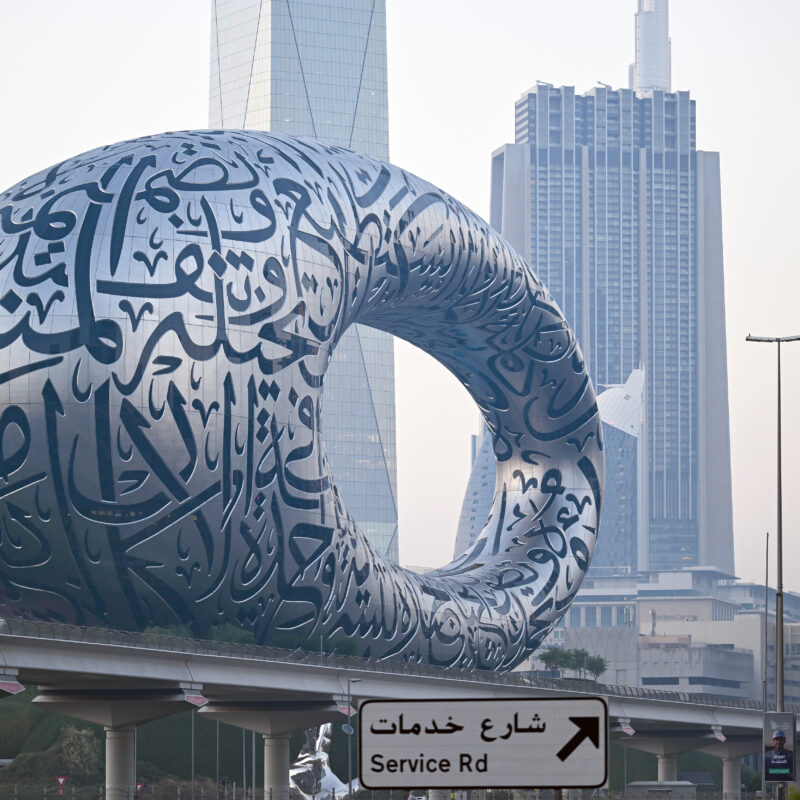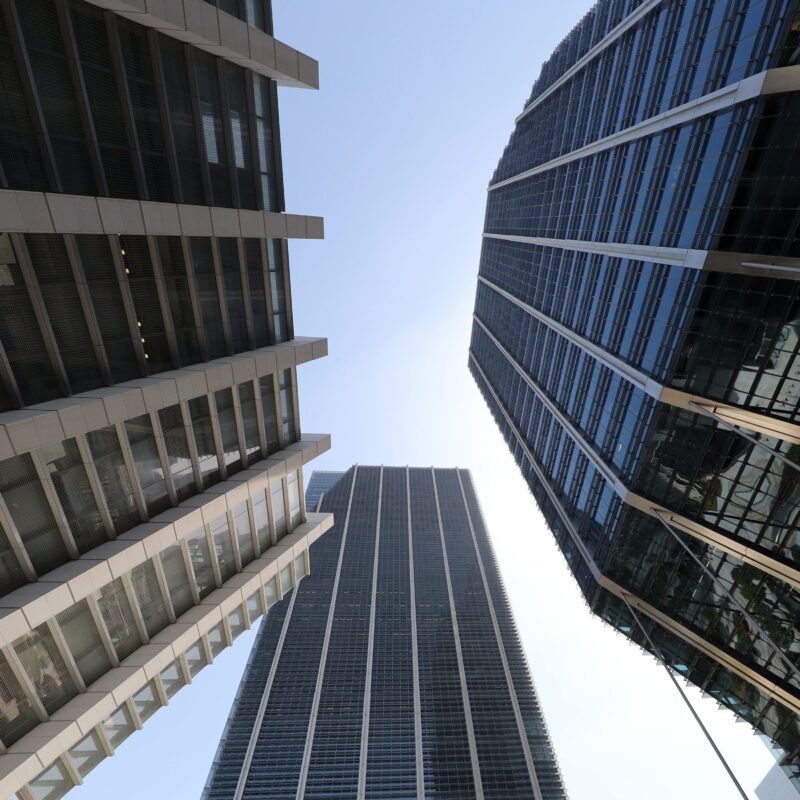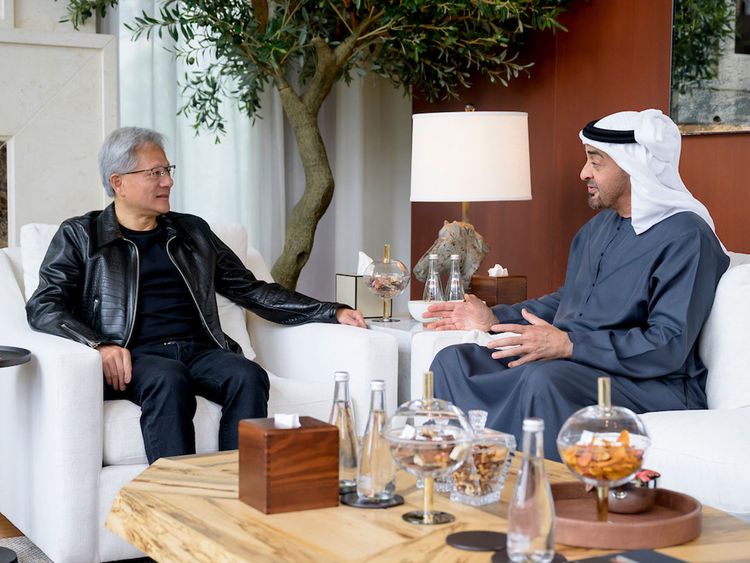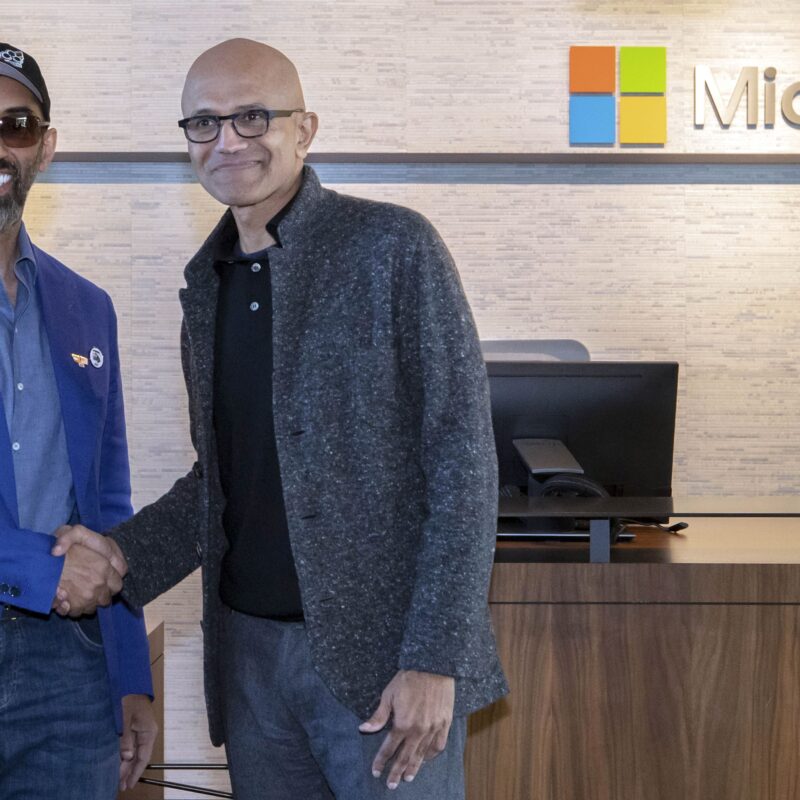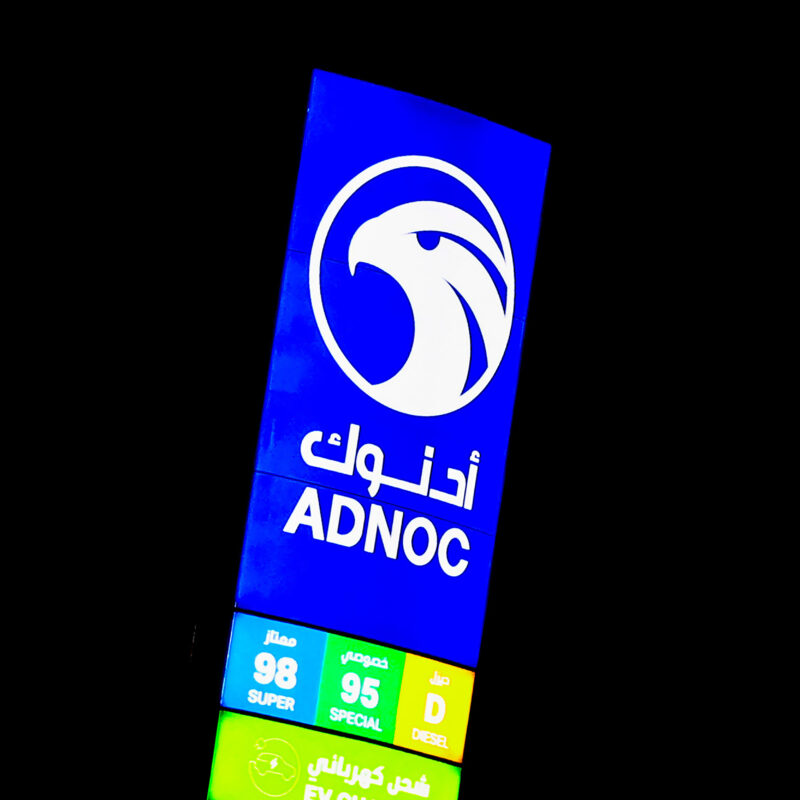The Weekly Circuit
👋 Good Monday morning in the Middle East!
Tech startups in Tel Aviv, Abu Dhabi and other MENA business hubs got a last-minute reprieve from last week’s demise of Silicon Valley Bank as federal authorities declared they would fully guarantee depositors against losses from the biggest U.S. banking collapse in 15 years. New York-based Signature Bank also collapsed on Sunday and depositors received a similar guarantee. The tumultuous banking saga may still bode ill for businesses around the world because of the nature of venture capital financing, which is dominated by U.S. funds. Israeli companies are bracing for a new wave of layoffs and shutdowns as banks tighten credit and try to avoid the fates of SVB and Signature, as The Circuit reports below.
The prospects for SVB’s troubles touching off further bank collapses and drying up sources of capital will be on the minds of investors meeting this week in Manama, Bahrain, for the three-day Connect2Innovate Conference. The get-together, organized by Israel’s Start-Up Nation Central organization and hosted by the Bahraini government, will bring Israeli government officials, business executives, entrepreneurs and investors to mix with their Gulf counterparts. Bahrain’s minister of industry and commerce, Abdulla bin Adel Fakhro, will kick off the proceedings when the conference starts on Monday.
Investors will also be anxiously watching this week what the reconciliation agreement between Saudi Arabia and Iran will mean to regional business integration and America’s role in the Middle East. Speculation that the Saudi kingdom might soon normalize relations with Israel – fed by newspaper scoops and congressional testimony last week – dimmed again with the announcement of the China-brokered pact. Saudi Arabia has maintained it will not make peace with the Jewish state without a resolution to the Israeli-Palestinian conflict. The news also undercut Israeli hopes of forming a regional alliance with Saudi Arabia against Iran.
Welcome to The Weekly Circuit, where we cover the Middle East through a business and cultural lens. Read on for the stories, deals and players at the top of the news. Please send comments and story tips to [email protected].
Spread the word! Invite your friends to sign up.👇
BANKING CRISIS
Silicon Valley Bank’s abrupt collapse sends shockwaves through the Middle East
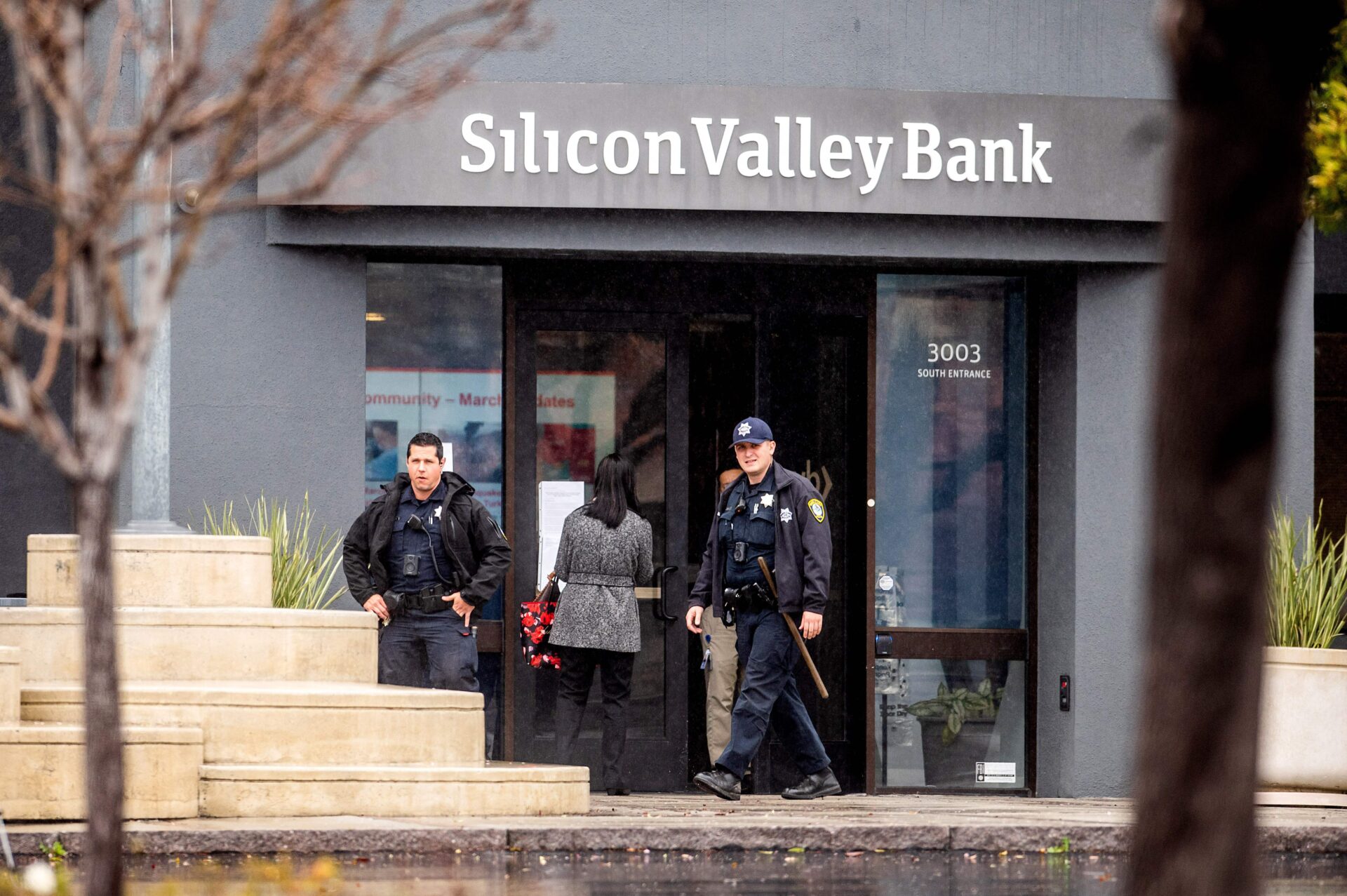
The sudden collapse of Silicon Valley Bank in Santa Clara, Calif., reverberated more than 7,000 miles away in the Middle East, where cash-strapped startups struggled to meet their payrolls and local lenders seized the opportunity to help bridge the gap, Jonathan Ferziger and Robert Lakin report for The Circuit. In Israel, where SVB was the lifeblood for many young technology businesses just beginning to generate revenue, company CEOs found locked doors at the California bank’s Tel Aviv branch when its executives failed to respond to their desperate messages. The crisis led Israeli Prime Minister Benjamin Netanyahu to tweet during a diplomatic visit to Rome that he was closely tracking the situation.
Signature too: Tel Aviv-based Bank Hapoalim and Israel Discount Bank, meanwhile, circulated word that they could help startups pay immediate bills. Signature Bank, a New York-based lender active in real estate and popular with start-ups, also collapsed on Sunday. The U.S. Federal Deposit Insurance Corp. announced an emergency bailout program hours later and said it would pay depositors 100% of the money they had in both banks.
An upside: SVB’s demise, the second-largest bank collapse in U.S. history, was less of a disaster in the United Arab Emirates, which promotes itself as a center for germinating technology companies but has fewer startups than Israel. Lenders including Wio Bank, Zand Bank and MBank are ready to pick up the slack for SVB’s ailing customers, said Ryan Lemand, co-founder and CEO of Abu Dhabi-based Neovision Wealth Management. “There’s an upside,” Lemand told The Circuit. “The problem will be solved relatively quickly. Then these banks will onboard them [as customers], said Lemand, who previously worked as a financial regulator and adviser on risk management for the UAE’s federal government.
Start-Up Nation: Having enthusiastically adopted the brand name “Start-Up Nation,” from a book published in 2009 by Dan Senor and Saul Singer, Israel experienced the sudden collapse of SVB as more of a direct strike at the heart of its economy. Most of the money fueling some 9,500 tech companies operating in Israel comes from the U.S., and Israel’s venture capital firms are closely connected with some of the most prominent investors in Silicon Valley. The bank has had a presence in Israel since early 2008, with a Tel Aviv office led by General Manager David Cohen. The entity, SVB Israel Advisors Ltd., employs more than a dozen staff working from its downtown office onHa’Arba’a Street. “I understand why firms here wanted to be able to say they were at Silicon Valley Bank when everything was in order,” Aviad Kimche, chief investment officer at KIMFO, a Ra’anana, Israel-based family office and money management firm, told The Circuit. “Still, an event like this supports my longtime conviction that Israeli startups should have their money in Israeli banks.”
Bank run: After a two-day silence following the 60% plummet in SVB’s shares that wiped out $80 billion of its value when depositors rushed to withdraw their money, SVB’s Cohen posted a note on social media that sought to explain his predicament. The Federal Deposit Insurance Corp. took over the bank on Friday and set up a new entity that will pay clients up to $250,000 of their money, far short of many corporate depositors’ balances. With the U.S. bank’s direct presence in Tel Aviv, “we managed to convince the Israeli innovation ecosystem to trust us and the SVB platform as its true long-term partner,” Cohen wrote. “The 40 hours that created the disaster of wiping SVB from earth are shocking and sad to me personally, to my team that I love and respect so much, to my colleagues across the globe and… to the entire industry.”
Double whammy: The impact that the collapse of both banks may have on the Israel tech landscape remains to be seen. Concerns that companies with working capital accounts at the banks would see their access to that money constrained were eased by the FDIC’s action announced Sunday. Otherwise, companies would have been forced to hold back on paying employees and vendors unless they could secure money elsewhere. Still, the prospect of hundreds of startups firing employees or shutting their doors was a double whammy for Netanyahu, who has spent the last three months struggling to rebut criticism that his plan to overhaul the country’s court system is a threat to democracy that will inflict severe damage on the economy.
Circuit Chatter
Up, Up and Away: Riyadh Air was revealed as the name of Saudi Arabia’s new second national carrier, which is being launched to bring in millions of tourists and help the kingdom diversify its oil-dependent economy. The airline will feature a fleet of Boeing wide-body jets purchased for about $35 billion by Saudi Arabia’s sovereign wealth fund, according to the Wall Street Journal.
Qatar Probe: Belgian authorities have made arrests as part of an investigation into charges that officials in a U.N. agency took payoffs from Qatar before the 2022 World Cup to downplay accusations of labor rights abuses.
Robo-buses: Saudi Arabia set a target to deploy autonomous vehicles for 15% of buses and other public transportation in the kingdom by 2030.
Speed Trap: The Gulf Cooperation Council is linking the traffic violation systems in all six member states to crack down on motorists who leave tickets unpaid when they cross borders.
Rest for the Weary: Dubai plans to create rest stops for motorbike delivery drivers in three locations and has invited UAE businesses to bid for the contract.
Stream On: OSN, the Dubai-based streaming platform, signed an exclusive licensing deal with Warner Bros. Discovery that makes it the official platform for HBO content in the Middle East and Africa.
Hajj Robotics: Saudi Arabia’s Grand Holy Mosque is introducing robots to help pilgrims on the hajj to Mecca clean their feet, perfume their bodies and obtain water.
Closing Circuit
Oil Gusher: Saudi Aramco reported a 47% increase in 2022 net income as the national oil company bet that demand will remain strong despite concern over climate change.
Drilling Down: Abraj Energy Services, the drilling unit of Oman’s state energy company OQ, raised 94 million Omani rials ($244 million) in an IPO.
Risk Averse: Riskified, an Israeli fraud protection company, said it will pull $500 million from accounts in Israel if the government passes its judicial reform plan.
Call Again: Telecom Egypt may put more shares up for sale on the Egyptian Stock Exchange, where 20% of the state-controlled company’s stock currently trades.
Going Green: Morocco plans to build a desalination plant and other green energy projects with a $1.6 billion investment from Abu Dhabi’s TAQA energy company.
Data Heavy: Kuwait’s Agility Logistics Parks is launching campus sites tailored to housing high-capacity data centers in Saudi Arabia, Kuwait, Egypt and Ghana.
Hydrogen Maker: Israel’s H2Pro will build hydrogen production facilities for Japan’s Sumitomo Corp. with a 500-megawatt capacity in a deal worth a reported $250 million.
On the Circuit
Sheikh Tahnoon bin Zayed Al Nahyan was named chairman of the Abu Dhabi Investment Authority, the emirate’s $790 billion sovereign wealth fund. He is also the UAE’s national security adviser and chairman of its top lender, First Abu Dhabi Bank.
Hillary Rodham Clinton, the former U.S. secretary of state, appeared in Abu Dhabi at the Forbes 30/50 Summit to mark International Women’s Day, where she hailed the emergence of more female leaders in the Middle East.
Arif Naqvi, founder of the defunct Dubai-based Abraaj Group, lost an appeal in London against his extradition to the U.S. on charges of fraud and money laundering.
Ahead on the Circuit
March 13-16, Manama, Bahrain: Connect2Innovate Conference. Israeli and Bahraini government ministers, business executives, investors meet to discuss cooperative ventures in technology, climate research and other fields.
March 15-16, Riyadh, Saudi Arabia: Financial Sector Conference 2023. Hosted by Financial Sector Development Program for business decision makers and senior executives. King Abdulaziz International Conference Center.
March 16-18, Giza, Egypt: RiseUp Summit. Investors, entrepreneurs, government leaders meet at Egyptian business conference in shadow of the pyramids. Grand Egyptian Museum.
March 20-21, Dubai, UAE: World Blockchain Summit. Technology leaders, executives, investors meet to discuss latest trends in blockchain industry. Atlantis The Palm Dubai.
March 22 or 23: Holy month of Ramadan begins, during which Muslims fast each day and offices across the Middle East and Africa shorten work hours.
March 28-30, Ramat Gan, Israel: World Diamond Congress. Diamond dealers from across the globe meet in Israel for 40th international gathering. Israel Diamond Exchange.
May 2-3, Tel Aviv, Israel: Agritech Israel. Introducing innovative farming technologies for growing food and meeting the challenges of climate change, water shortages and desertification. Expo TLV.
Culture Circuit
TV Diplomacy: Judging a camel beauty contest, clandestinely befriending the Tunisian ambassador and babysitting a government minister intent on a massive shopping spree: These are some of the uncomfortable situations Israel’s top envoy to the UAE finds himself in – at least in the new fictional TV comedy series, “The Embassy,” Ruth Marks Eglash reports in Jewish Insider. Based in part on real stories from Israeli diplomatic missions around the world, the satirical show is currently airing in Hebrew on Reshet, Israel’s Channel 13.
Let’s Dance: Music industry entrepreneurs in Saudi Arabia are seeking to launch an English-language radio station devoted to contemporary dance music, according to Arabian Business. The production of concerts and dance parties has surged in recent years, with the kingdom playing host to Soundstorm, the mega-festival produced by MDLBeast that drew more than 700,000 music fans. Performing artists included Bruno Mars, Marshmello and Post Malone. Rap acts included Fat Joe, Busta Rhymes and DJ Khaled.
Sunrise, Sunset: Many of Israel’s best-known performing artists filled Tel Aviv’s Cameri Theater on Friday for a memorial to Israeli-born Chaim Topol, the actor who achieved international fame in the movie version of “Fiddler on the Roof.” Topol, who died last Thursday at 87 in Tel Aviv, was known for his booming voice and sly humor in the musical about Eastern European Jewish life, belting out such hits as “Tradition,” “To Life” and “If I Were a Rich Man.”
Know Your Heritage: Dubai, which has built a massive book-shaped national library and a phantasmagoric Museum of the Future, is now applying its approach of thinking big to revamping the cozy Shindagha Museum into the UAE’s largest repository of its native culture. The museum now comprises 20 pavilions to tell the story of the UAE’s origins. It expects to attract more than 1 million visitors in 2025.


